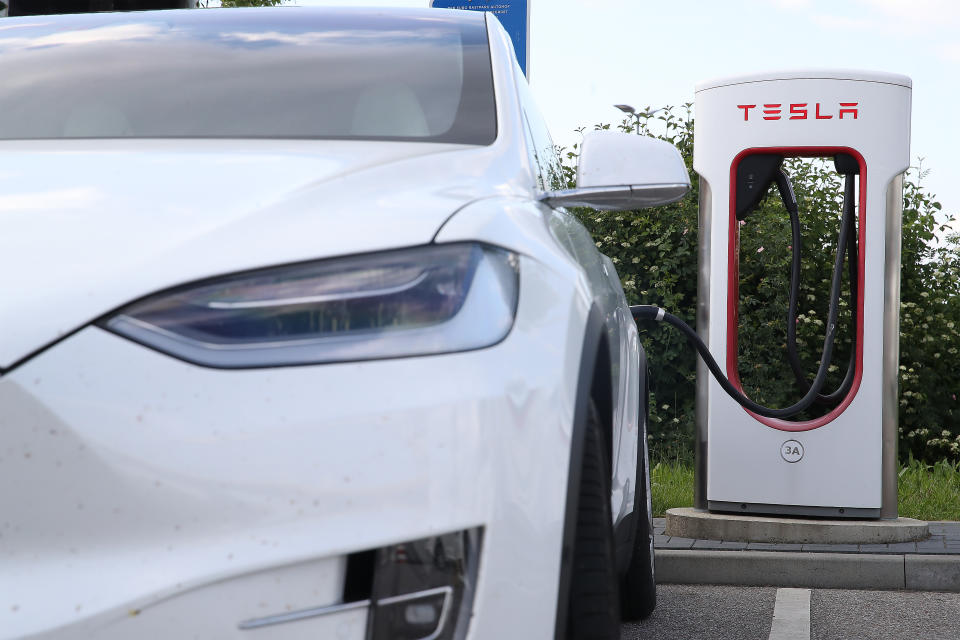German court rules that Tesla’s autopilot advertising is misleading

A regional court in Munich, Germany, ruled today that Tesla (TSLA) was misleading customers with advertising claims that its Autopilot function had full potential for autonomous driving and could be able to drive autonomously by the end of 2019.
The court said the California-based carmaker must refrain from using the term “autopilot” to advertise its vehicles, and from using some other statements it makes about autonomous driving capabilities on its website. Today’s verdict is not yet legally binding, however
The case was brought by the German non-profit Centre for Protection Against Unfair Competition, which accused Tesla of unfair advertising, saying the electric-car company promises consumers more than it can actually deliver in terms of autonomous driving.
“Since autopiloted and autonomous driving at level 5 is currently neither legally permissible nor technically possible for the vehicle in question, Tesla must also adhere to the rules of the game and must not make false advertising promises,” the competition centre attorney Andreas Ottofülling said in a statement after the trial.
Tesla claims on its German website that that the driver assistance package has “full potential for autonomous driving” with “autopilot functionality” that allows for “automatic driving on motorways from entry to exit.”
READ MORE: BMW sales plunge nearly 25% in second quarter
However, in the text under the description of all the various autonomous functions, it says: “The functions currently activated require active monitoring by the driver — autonomous operation of the vehicle is therefore not possible.”
Like many other cars, Tesla’s driver assist systems can ensure the car stays in its lane, maintain a certain speed, and keep distance from the car in front among other things.
Much of the argument in court comes down to disagreement over what “autonomous driving” really means. While cars can take over many control functions to free up the driver, they are still not at a the so-called level five stage where a driver can safely sit back and read a book with their hands off the wheel.
Tesla, whose market valuation surpassed Volkswagen (VOW.DE) and Toyota (TM) to become the most valuable carmaker last month, is in the process of building its first electric-car plant in Germany. It is slated to open in 2021 and initially produce the Model 3 and Model Y.
The company has faced local protests over the impact of the huge factory on water and wildlife in the area, but has now got permission to start building at its own risk, while the official environmental impact assessment is still ongoing.
READ MORE: Tesla CEO attempts to calm locals' water worries over German factory
The Gigafactory, situated in the state of Brandenburg surrounding the capital Berlin, aims to produce 500,000 vehicles a year when it ramps up to full capacity.
The German Press Agency (DPA) recently quoted unnamed sources as saying Tesla plans to hire up to 10,500 employees who would work on three shifts a day.
Tesla stock has now nearly doubled in value since June, and is four times what it was worth in March. As of Monday’s close, its market cap was over $250bn (£199.9bn).
The e-car pioneer is also on a major roll in terms of production, delivering 90,650 cars in the second quarter, far more than the 74,000 expected by some analysts.
Tesla however is not immune to the havoc that coronavirus has wreaked on the car industry as a whole, and is also slashing prices to stimulate demand.

 Yahoo Finance
Yahoo Finance 